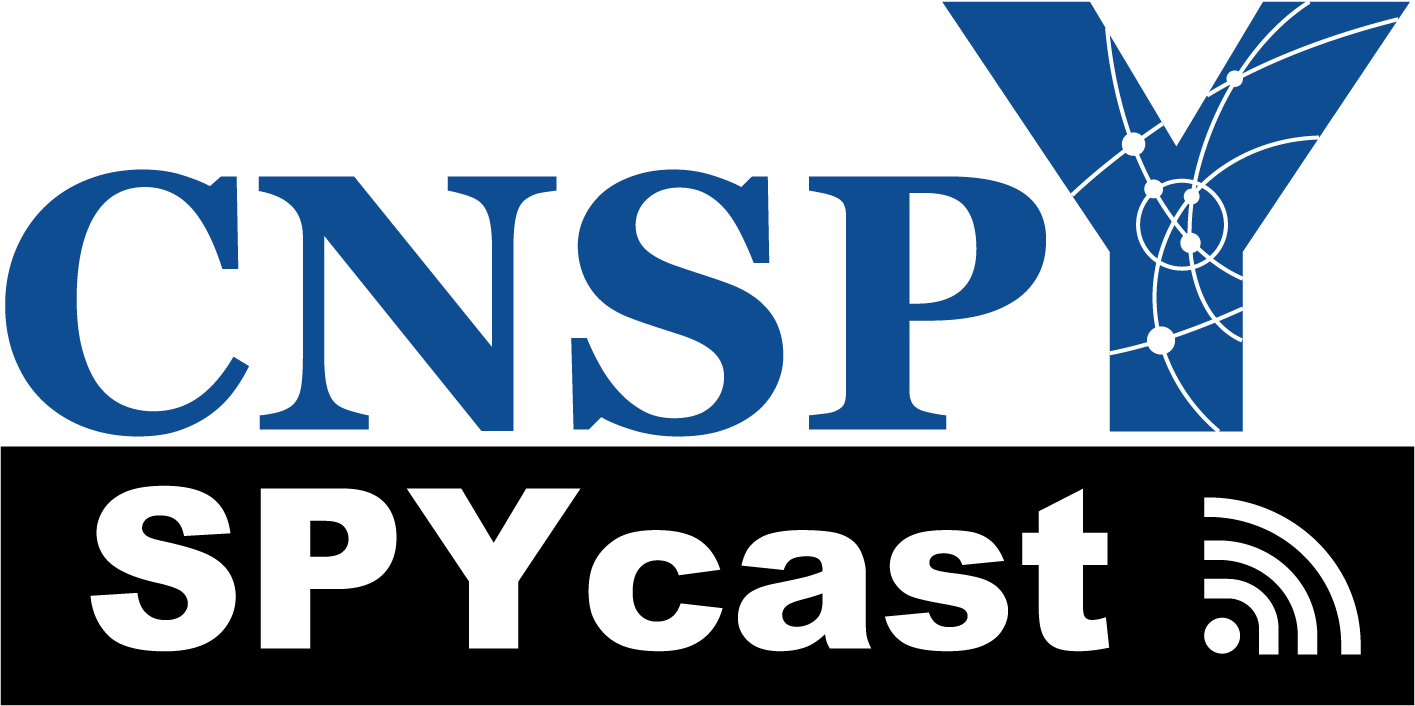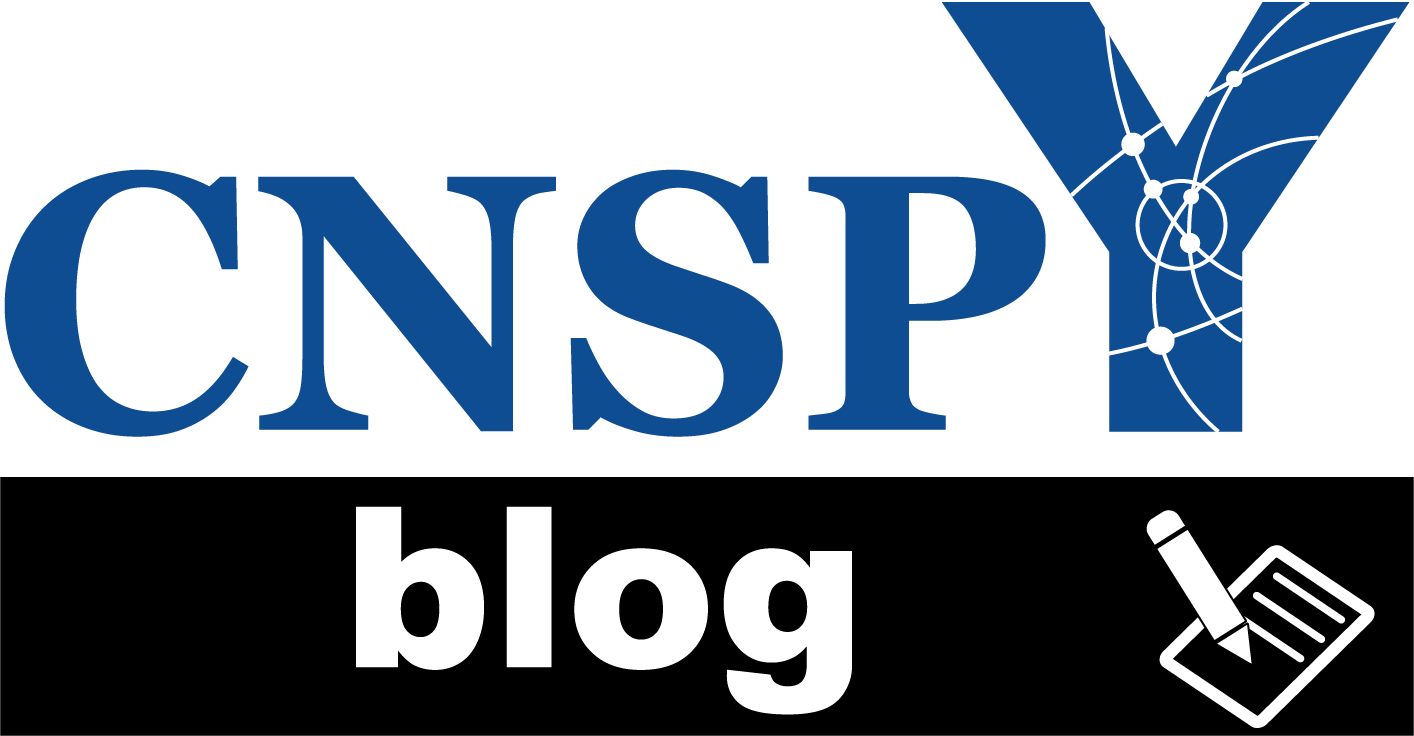This week’s blog post comes to us from guest blogger, Supriya Kulkarni, who recently joined CNSPY’s Communications Team. Though she hasn’t been with us for very long yet, she is already making a big impact on CNSPY! Join us as we welcome her to the team and launch her first CNSPY Blog Post, which spotlights a recent article on how to decode the job descriptions of job postings. Here’s Supriya…
It is a universally recognized fact that “decoding” a job description and then profiling your skillset against the requirements is probably the most important step when applying for a position. But knowing “how” to decode the job description can be a challenge. It gets more complicated when assessing most important versus the less important requisites (both technical and soft skills included) from a given laundry list (which according to me is a common feature across the cross section of all listings 🙂 ).
David Jensen in his column “Tooling up” in Science Careers, recently published an article entitled, “Learn to read between the lines of a job ad,” that tackles this exact question. Not only does he talk of different variations in the job-ad posting “language” that we see, but also, he speaks of the reasons behind the language thus used. In this blogpost we highlight the components he writes about in his article that applicants routinely come across.
With his first example, he speaks of the most common reason some of us cross out a particular job listing: “PRIOR INDUSTRIAL EXPERIENCE.” He explains…
“A minimum 2 years of industry experience is required. Read as, ‘We’ve been burned in the past by academics thinking that a move to our company would simply be like going on to the next postdoc.’ Why would employers put a minimum experience level like this into their job qualifications? They aren’t interested in helping an academic make the adjustment to industry; they want some other company to have taken that risk. Not everyone is a sure-fire success in industry; that’s why [Tooling Up] exists….”
He further states that as long as you can make a case for your candidacy for such a position by the way of a GOOD cover letter, you should apply for the position, also mentioning that, “Hiring managers will be receptive as long as you appear to understand the differences in culture between academia and industry and have a few industry buzzwords at your command.”
He emphasizes that industry is looking for problem solvers and whether you have prior industrial experience won’t affect your standing as long as you can prove with examples that you can and have solved problems before!
The second point he decodes is that of the laundry list of TECHNICAL QUALIFICATIONS many of the job postings have. He writes…
“Seeking a Discipline A Ph.D. Scientist with experience in Disciplines B, C, and D, as well as hands-on experience with Techniques X and Y and a thorough knowledge of Technique Z. Read as, ‘We’re tossing in everything but the kitchen sink because we’re in no big rush, and we might as well reach for the moon because we haven’t really figured out the job yet.’ This happens frequently: A company that hasn’t completely thought through what it is looking for throws together an impossible-to-fill profile to test the market. This is all the more common these days, because companies can experiment with ads on various online boards for so little cost. These laundry lists of skills result in what I call ‘pinpoint hiring.’ Back when I got into the recruiting business, seeing an ad that said, ‘Ph.D. cell biologist needed for growing biotech company’ (or ‘microbiologist,’ ‘biochemist,’ etc. …) would be fairly common. But in the years that have passed, employers have added skill after skill to their requirements so that the opening now exists on the head of a pin. Increasingly, there are no more broad areas of need in the sciences; there are only pinpoints.”
In this case, David Jensen bids us to identify “the core area of expertise” and establish our competency through our CV and cover letter, but he does not discount the fact that the employer might be seeking an individual with all the mentioned skills who can begin contributing ASAP. He also indirectly alludes that a 60% technical skills match is good enough to apply to a position with such an exhaustive list.
Third, he points out that the DEGREE REQUIREMENTS for a job can be equally confusing, especially when accompanied by prior work (industry vs. academic) experience.
“Requirements include a Ph.D. with 5+ years experience in cell biology or biochemistry, or a M.S. degree with equivalent experience.” He explains, “Read as, ‘We’ve got a Ph.D. opening here, and that’s the way we’d like to fill it, but we’re required by human resources to show respect to those few Master of Science-level employees who have reached the scientist ranks at our company.’ I’m sorry to be sarcastic, but every time a client company sends me a Ph.D. scientist assignment that says ‘A master’s is OK, too,’ I find out later—after hours of interviewing a few M.S.-level candidates—that this isn’t the case. Despite what those ads say, for an R&D leadership position, the Master’s degree holder has to work her or his way up in the company, a process that differs at every employer but one that takes years and numerous hurdles. (Note that this is not the case in manufacturing operations, quality control and assurance, and other technical positions where M.S. degree holders go right to the top.) Now, with what may first appear like a slight change of wording, this ad can mean a great deal more opportunity for the Master’s graduate. For example, consider ‘M.S. or Ph.D. required, with emphasis on cell biology and biochemistry.’ By rearranging the order of the preferred degrees, employers show that their intent to consider M.S. candidates is indeed serious. In fact, the ‘or’ part of the statement says to me that the M.S.-level applicant is exactly what’s at the core of this need and that Ph.D. holders applying for this job could easily be seen as overqualified.”
Lastly, he points out issues with RECRUITING FIRMS job ads. He writes…
“ABC Recruiting Company has a position to fill for a $50 billion market cap client in the pharmaceutical sector. Please forward your CV to us at … Read as, ‘We’re using a blind ad in hopes that referencing a company without name will allow our Internet trolling effort to pick up leads for our candidate database.’ This is a common ploy used by some recruiting firms to expand their universe. Think about it—why would employers not want to use their names in ads? I suppose some ultra-secret plans for research might require confidentiality, but those odds are low. Most of the time, employers want people to know that they are hiring—it is good PR!”
He suggests sending a one-page bio-sketch instead of complete resume into what he calls “the black hole of blind ad,” which will compel the hiring company to communicate with you directly in case they are seriously interested and hence you would retain control over the whole process.
Interestingly, he mentions that job ads have shown “declining value to employers“ and hence companies now rely on talent acquisition teams that “identify and recruit candidates directly within the social media platforms that we use every day, in almost every aspect of our lives.” Hence, make sure your LinkedIn and ResearchGate profiles are updated regularly!
However, he says, “the business of finding a job requires attention to be paid to every single element in the process, and job ads will remain one of these elements for some time to come.”
To read the full, original article, click here.
We hope these guidelines will help improve your job description decoding skills and allow you to highlight your eligibility for any given job posting in the best way possible!
** Use these strategies in your next job search and let us know how it goes! **
Share your thoughts below by clicking the “Leave a Reply” link or by clicking the chat bubble in the top right of the post.






February 17, 2023 at 2:33 am
He emphasizes that industry is looking for problem solvers and whether you have prior industrial experience won’t affect your standing as long as you can prove with examples that you can and have solved problems before!
https://www.mywatchesuk.com/
November 10, 2023 at 2:44 am
La storia della rolex submariner replica comincia a Londra nel 1905 per mano del venticinquenne tedesco Hans Wilsdorf e del fratellastro Alfred Devis.La neonata azienda, venne fondata col nome Wilsdorf & Davis, e solo in un secondo momento prese il nome di Rolex Watch Company.
November 12, 2023 at 9:27 pm
Every two years the Only Watch auction is celebrated… But what is it exactly It is a biennial charity auction of unique timepieces created by the finest brands for research Replica Watches on Duchenne muscular dystrophy.
January 22, 2024 at 2:48 am
Great web site you have here.. It’s hard to find high-quality writing like yours these days. Thank you for your articles. I find them very helpful. I really appreciate people like you! Take care!!
Karya Bintang Abadi
January 28, 2024 at 10:19 pm
This is an extremely well written article.
I’ll be sure to bookmark it and come back to read more
of your useful information. Thanks for the post. I’ll definitely comeback.
Karya Bintang Abadi